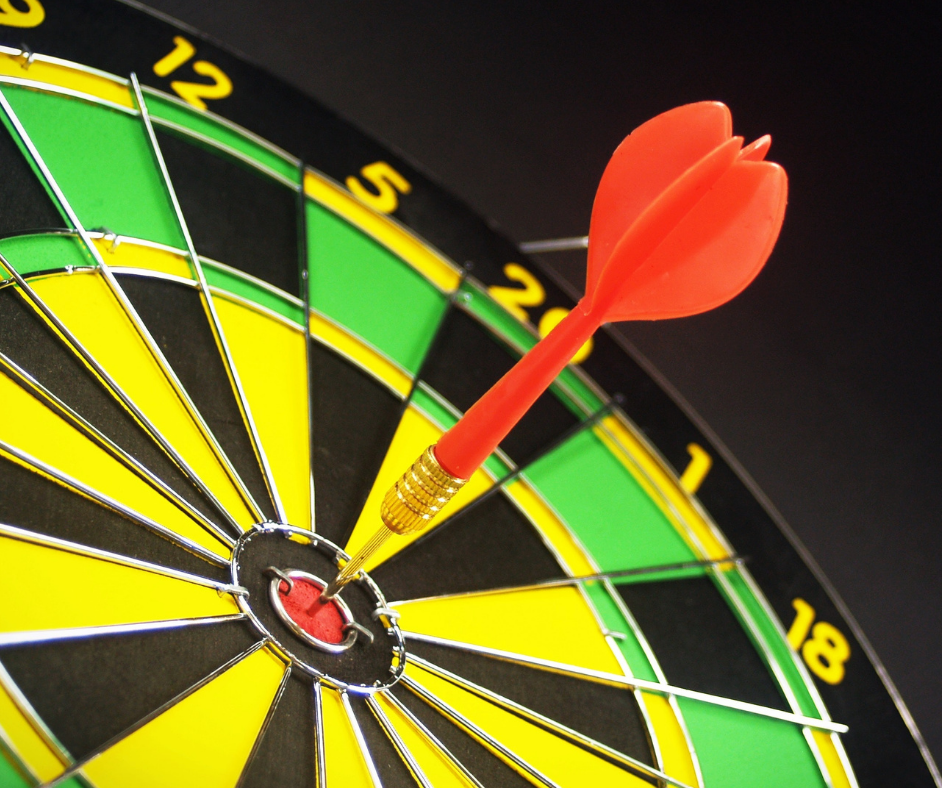Goals are challenges we set for ourselves in our everyday lives. However, when you have depression the task of setting a self care goal, let alone achieving it, can be a huge undertaking. When you are suffering from depression your motivation is down, your self-worth hits the floor and your sense of the world around you is dulled to an ache as your mind caves inwards.
Therefore, it is important to know what types of self care goals to set and understand how to achieve those goals. It may seem hard but it is not impossible and you may find the benefits help you along your way towards a happier, brighter day tomorrow.

Types of goals to set when dealing with depression
When dealing with depression it is best to keep things simple and manageable otherwise you could start to create mountains out of mole hills. This will increase your stress levels and have a negative effect on your health. Therefore, creating small self care goals is one of your best options. They are easy to accomplish and allow you that little bud of achievement which gets you in a positive mindset.
Some goals you might like to start with to help with your depression include:
.Having a sleep in or going to bed an hour early so you get enough sleep
.Eating a yummy breakfast at 8am (e,g. bacon and eggs, mushroom and avo on Turkish bread)
.Taking a 15 minute walk outside
.Spending an hour doing a hobby or something you enjoy
.Talking to your friends once a week
Starting with self-care goals is a great way to begin your healing journey and once you have mastered them there are many other goals you can set for yourself as well. These include social goals which can prevent feelings of loneliness, professional goals which can help you feel accomplished in your working life and personal development goals which can help you change your mindset and ways of thinking.
It is important that you take time for yourself and your health when dealing with depression. Setting small, achievable self-care goals is a great way to start the healing process. Even if it is as small as getting out into the garden for a few minutes. Every small step you take leads to the greater goal – getting your mental health and wellbeing on track again.

Why setting goals is important
People that have depression usually feel lost, unfulfilled and hopeless. They are adrift in the world and have no idea what to do next. There are many circumstances that can lead to this including living situations, working environments and even relationships. All of these can have a negative impact on those suffering with depression if it continues to load them down with stress and anxiety over a period of time.
That is why it is important to stop and think about how you can change the situation you are in. In doing so you create direction for yourself and goals are a means of propelling you in that direction. This creates a sense of hope and gives you a purpose to work towards so you can come out the other side stronger and healthier in mind and body.
You may find other benefits when setting goals to help with depression as well. These include:
Motivation for depression recovery
Setting goals related to depression management provides you with clear intent and purpose which helps to motivate you to actively work towards getting yourself out of a depressive state. Your doctor can help you with this as well by checking where you are up to with your goals and helping you stay motivated which can be key.
Structure and routine during depression management
Establishing your goals helps create structure and routine in your day to day life. This is particularly beneficial for those dealing with depression as it keeps them grounded and reduces depressive symptoms including feeling lost or adrift in the world.
Boosting self-esteem and your sense of achievement
Accomplishing your goals, no matter how small, is awesome! Therefore, it can significantly your boost self-esteem and provide a sense of achievement when you do so. This is especially important during depression management as it helps to counteract negative thoughts and feelings that can crop up in your mind.
Tracking your progress during depression management
Setting yourself goals enables you to track your progress during depression. This is essential for managing depression symptoms effectively. By monitoring your achievements you can identify areas of improvement and understand how to take care of yourself better. This also allows you to celebrate your successes while enabling you to make necessary adjustments to the depression management strategies you have implemented.
There are many other benefits to setting goals to help you with depression which you will no doubt see along your journey. However, an important step in setting goals is knowing what to do with them to ensure you are setting the right goals and managing them, and yourself, properly.

What to do with your goals
Whether you have self-care goals, life goals or work goals you need to make sure they have a positive impact on your depression. There is no point in setting goals that will negatively affect you in the long run because you won’t get anywhere. Remember that depression can last for months so you need to think about the longevity of your goals.
There are a few ways to ensure that you keep at it and achieve your goals regularly. These include physically writing down your goals or adding them to a list in your computer or phone. This will remind you that you have things to do in your day and will give you a sense of purpose.
Checking off your goals is as important as writing them down. This ensures that you take action and holds you accountable if you don’t complete the tasks at hand. It also provides motivation and achievement when you take a minute to think about the task finally being done. There is also satisfaction in placing a big fat tick next to your goal and marking it off!
Will achieving my goals help me get out of my depression?
Essentially, YES! As long as your goals positively impact your mental health and wellness it will help you on your path leading out of depression. Self-care goals are probably the most important to start with and to continue on your journey. During depression your body and mind need time to heal so it is important to focus on them as much as you can before taking on other tasks.
Setting goals is a great way to move forward but remember that if you need professional help it is ok to ask for it when needed. Your doctor can even help you with your goals which can be a great motivator. It may even help you get better faster so you can enjoy your life once more.
However, if you can’t reach out to your doctor maybe talk to a supportive friend or family member. Sharing your goals and achievements with someone you know can have a positive outcome as well. Especially if they provide praise and an encouraging word to help you keep going and overcome your hurdles.
Please be advised this information may help but is NOT a replacement for professional health advice. If you are feeling unwell please speak to a medical professional.



